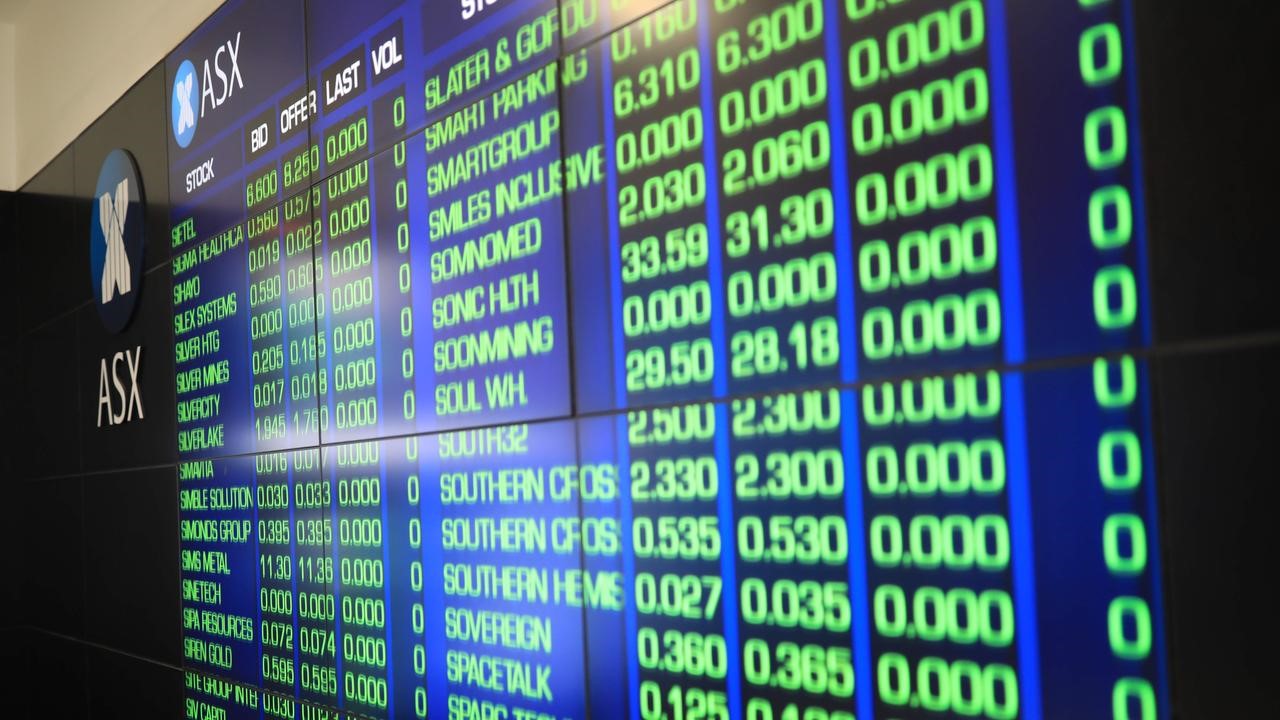
FEBRUARY MARKET OUTLOOK
The economy looks to shed its holiday inflation gain, all eyes turn to the job market, and the year of two halves has commenced. Fuelled up on record food prices and seasonal spending, inflation jumped 1.9% in December alone with annual headline CPI coming in at 7.8% for the year. The results have all but cemented a 0.25% increase in the cash rate in February as policy makers look to shake the economy’s holiday hangover.


